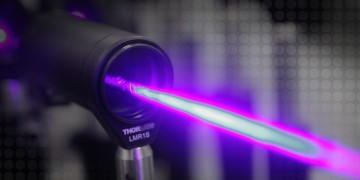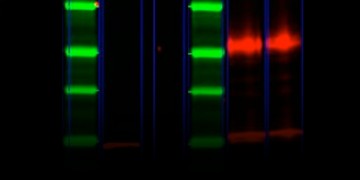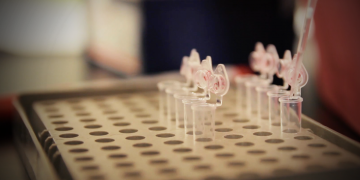
The Importance of Quality PCR Plastics

How Do You Automate a Multicolumn Protein Purification?

Expanding Flow Core Capabilities by Shifting Routine Sorts to Self-Sort on the S3e™ Cell Sorter

Western Blot Detection without Interfering IgGs: A Mere Fantasy or a Real Possibility?

Using PrimePCR™ Gene Expression Assays to Understand Breast Cancer Metastasis

8 Tips for Understanding Multiplex Immunoassay Development and Validation

How Does an Antibody Qualify To Become a PrecisionAb™ Antibody?

Mixed-Mode Chromatography for mAb S Aggregate Removal: Comparison of CHT™ Ceramic Hydroxyapatite, Capto adhere, and Capto adhere ImpRes

New Product Feature: gDNA-Free cDNA in Two Simple Steps


